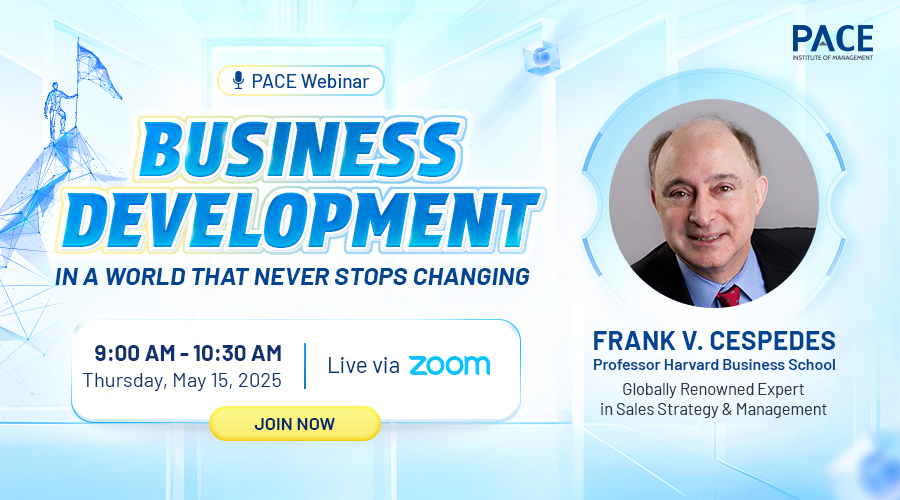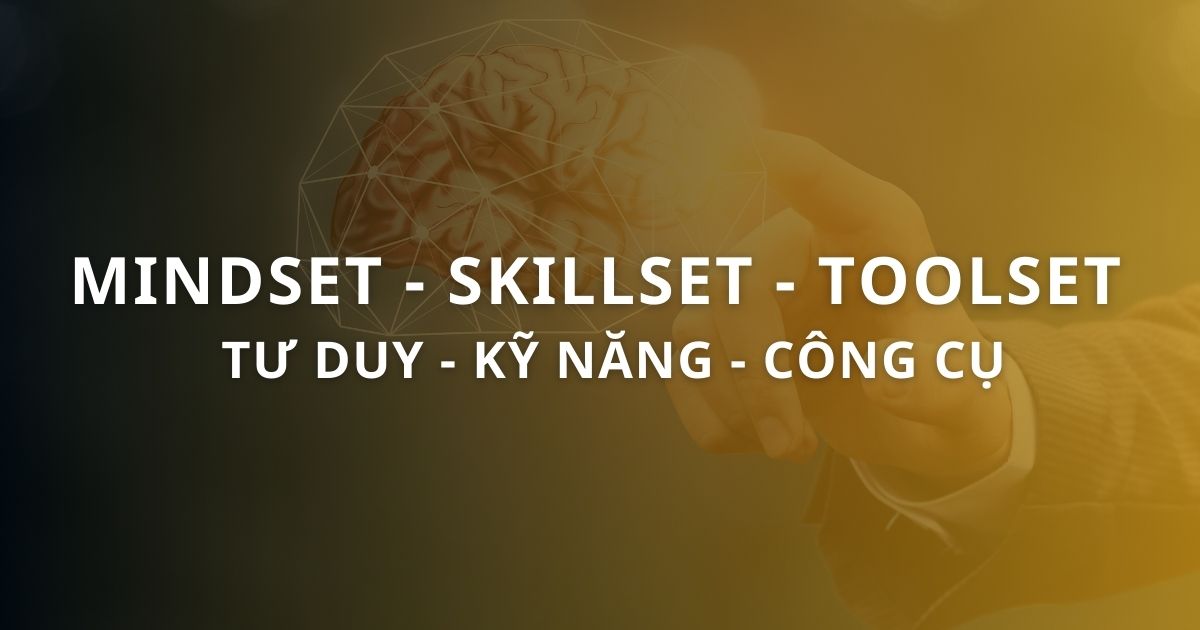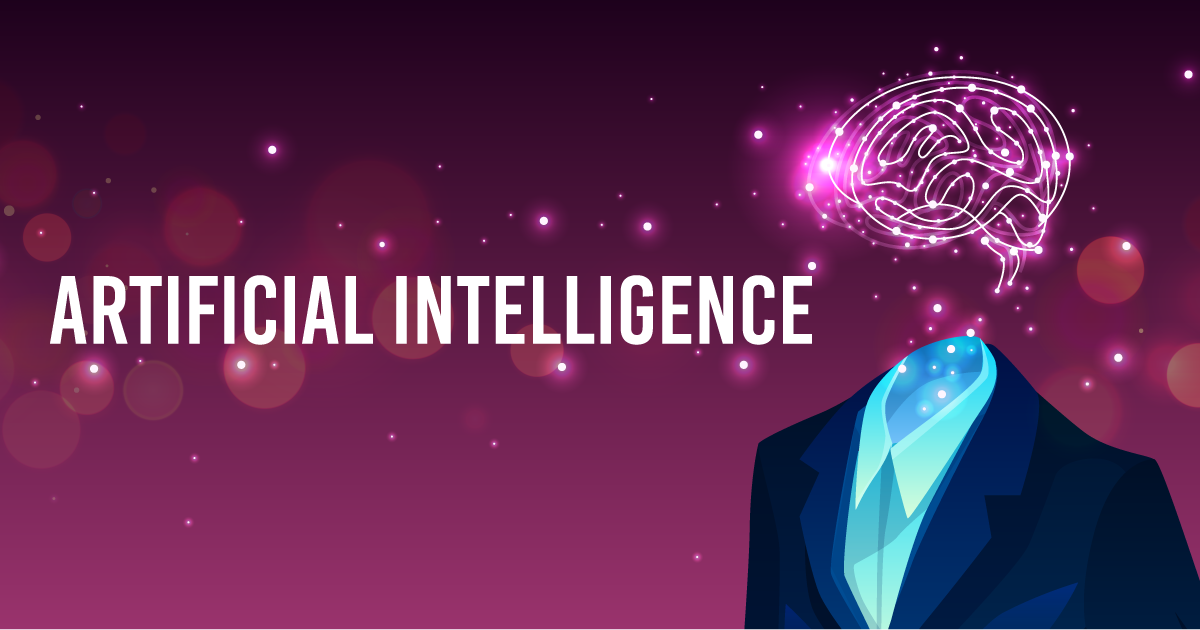Living with uncertainty is exchausting. Our brains treat it like a threat and trigger us to avoid it. Yet, since the pandemic, there’s been no getting around it: Making decisions without as much confidence as we’d like is just part of the new normal. And, neuroscientists and psychologists agree, it can lead to a spiral of anxiety and self-reinforcing negativity. You feel like you don’t have control → You get anxious → Anxiety clouds your judgment → You make less opportunistic decisions → You’re unhappy with the outcome → You have less control . . . Feel familiar?
Why am I writing about this? As a mother of three school-age kids and a leader of a nonprofit, I am constantly confronted with having to make decisions with less certainty than I want. And, even with the pandemic waning, there’s no sign that uncertainty is going away any time soon. But, because my work is focused on science and math, I can talk to people who think obsessively about the science of decision-making and share their practical wisdom with you.

(Photo: freepik.com)
I talked to mathematicians, economists, game theorists, futurists, psychologists, and more, and I plumbed the literature. Here are six straightforward steps to making better decisions and regaining a sense of calm and control.
1. Slow down and use the power of pause. Research shows that the simple act of pausing, even for a fraction of a second, cools our nervous system, helping us release tension and focus on the most relevant information. If you can (or if the situation demands it), take an extra minute or two to really calm your body. Studies have shown that a technique called progressive muscle relaxation — where you tense up and then release each part of your body in turn — not only relaxes your body but leads to a more balanced cognitive state. When I was young, if I woke from a nightmare, my dad would come sit by my bed and guide me through this, and it’s something I now do with my own kids. I hadn’t thought about tensing-and-releasing as a tool for decision-making, though, until researching this piece, but it’s found a quick home in my life-hacks arsenal.
2. Don’t belabor low-stakes decisions. You’ve spent your lifetime honing your intuition, and low-stakes decisions are exactly the time to use it. “When you make small decisions, or decisions that have to be made quickly,” John Urschel, a mathematician, explained, “your brain subconsciously manages the likelihoods and helps you avoid unfortunate outcomes.” In fact, over time, the cost of hand-wringing over low-stakes decisions is greater than any benefit you’ll gain from changing your mind. (One of the things psychologists have learned about obsessive-compulsive disorder is that an underlying element is excessive information seeking. As Urschel put it, “the fear of making the wrong decision can strongly hinder your ability to make any decision at all.”) Even if things are highly uncertain, if they’re low-to-no impact, “rely on your own wisdom and current perspective, and make a decision on that,” futurist Amy Webb said.
3. Get clear on your preferred outcomes when the decision is high stakes. How do you want the situation to turn out? It might feel like the choice is out of your control, but, as a recent piece in The New York Times argued, we have more control over our future than we may realize. “The life we’ll be living 10 years from now will largely be determined not by our past selves but by our present and future selves.” The choice we make now is a chance for our present selves to act in service of our desired future. Give yourself permission to imagine what you would really like to have happen. Then check to make sure it’s realistic. If it is, go to step 4. If not, you may need to give yourself the space to mourn an outcome you wish for but can’t have. When you’re ready, help yourself to find a plausible outcome that is still preferred. When we can’t have certainty, clarity goes a long way.
4. Information reduces uncertainty; get more. This may feel counter-intuitive, if you’re feeling overwhelmed and just want to simplify. But remember — the problem you’re trying to solve is a lack of information that is hindering your ability to get to your hoped-for outcome, and the best way to solve it is to learn. In fact, the more unfamiliar the terrain you’re navigating, the more perspectives you want to gather, especially from the people most closely affected by the decision or who will be bringing it to life once you make it. Asking for an opinion isn’t the same as giving a vote, so don’t be afraid to stay curious and open-minded. You’re growing your expertise, not ceding control.
.jpg)
(Photo: freepik.com)
5. Make every decision a choice between A or B, not A or not-A. “It is very important to think about both sides of whatever choice you’re making,” Brown University economist Emily Oster explained. Don’t let NOT doing something become the default option. Even deferring a choice to sometime in the future is a choice, and has its own benefits and challenges. It can be very easy to focus on the downside risk of doing something without recognizing the downside risk of not doing it. Choosing to drive or fly or take a vacation has risks, but not doing those things has risks and costs, too, that must be weighed, including in lost joy or a sense of adventure. Lay out both options, and write down as many pros and cons as you can, drawing on all the information you gathered. Then take an honest look at the list and make your choice.
6. Take care of yourself. Uncertainty is cognitively taxing. We are all tired, and it’s hard to replenish ourselves, something that seems to be especially true for moms. Especially if the decision was a big one, the uncertainty is particularly overwhelming, or you’re unusually overloaded with decisions right now, pair the decision-making with something that helps you feel cared for. More even than individual acts of self-care, being in community increases our sense of well-being and reduces our sense of uncertainty. Community has been especially hard to come by during this time of isolation, and seeking it out might be one of the best decisions we can make as we look toward the future.
The future is inherently uncertain, but the best science teaches us that when we breathe, trust ourselves, gain clarity on what we want, gather information, and choose a course of action, we can regain a sense of certainty that is its own antidote to the uncertainty-stress cycle, activating a reward response in our brain and body. Even armed with these tools, it won’t be all rainbows and unicorns, so find your community and take care of yourself to be ready for whatever decisions come your way.
Source: Forbes.com









.jpg)
.jpg)
